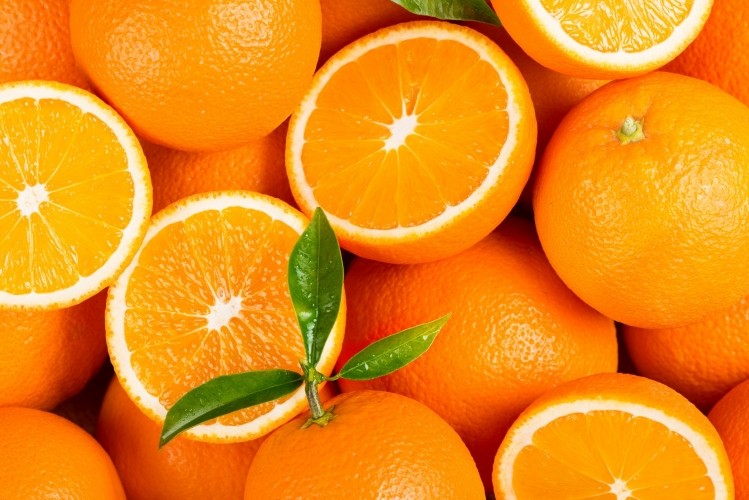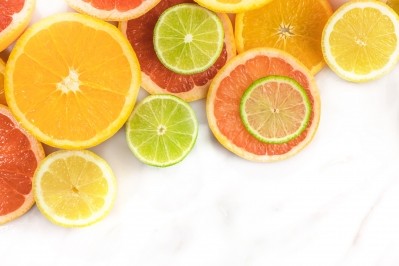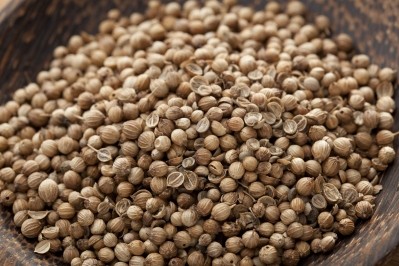Citrus polyphenols may produce anti-obesity gut health effects: Study

Scientists from Maastricht University and BioActor in the Netherlands reported that BioActor’s branded citrus extract called MicrobiomeX, was associated with dose-dependent increases in Roseburia, Eubacterium ramulus, and Bacteroides eggerthii in experiments using TIM-2, a computer-controlled in vitro model of the colon.
Writing in Nutrients, the researchers also report that the citrus extract was associated with increased production of the short-chain fatty acid (SCFA) acetate.
“Several beneficial traits have been ascribed to acetate, including anti-microbial activity against pathogens, increase in fat oxidation and increase in secretion of regulatory neuropeptides that favor appetite suppression. The latter two traits are beneficial for overweight and obese individuals,” they wrote.
Hesperidin
BioActor was founded in 2011, and the company currently offers eight branded ingredients, including MicrobiomeX, an extract from Citrus sinensis and paradisi that contains 88% hesperidin and 6.5% naringin.
In the US, the ingredient is distributed by Seppic, a division of French chemicals giant Air Liquide.
The results of this new study indicate that the citrus extract may be a potential prebiotic, defined by Gibson et al. as “a selectively fermented ingredient that results in specific changes in the composition and/or activity of the gastrointestinal microbiota, thus conferring benefit(s) upon host health”.
Study details
The new study examined the citrus extract in the TIM-2 model at two doses: 250 and 350 mg per day for three days. The results showed dose-dependent increases Roseburia, Eubacterium ramulus, and Bacteroides eggerthii.
“Roseburia is one of the most abundant intestinal butyrate-producing bacteria and has been linked with a reduction in inflammation and anti-obesity effects,” wrote the researchers.
However, the researchers reported that levels of the SCFA butyrate decreased slightly after treating the colonic microbiota with the citrus extract, while acetate levels increased.
“When cross-feeding mechanisms for conversion of acetate into butyrate do not occur, more acetate is produced and less butyrate,” explained the researchers. “This might explain why butyrate production is observed to be lower after supplementation with [citrus extract], despite observed increases in butyrate-producing taxa.”
To conclude, they wrote: “Although the validated in vitro model that was used has been shown on many cases to be predictive for the in vivo situation, it remains to be seen whether the [citrus extract] has a similar effect in human volunteers. This is currently under investigation.”
Hans van der Saag, CEO & Founder of Bioactor, told NutraIngredients-USA that MicrobiomeX has already been studied in humans in a clinical study, which showed an increase of butyrate and decrease in calprotectin levels. The study was cited in a paper published in Nutrients in 2019, he said (Nutrients, 11(7), 1464; doi: 10.3390/nu11071464).
"Bioactor in-vivo and in-vitro studies are part of the Bioactor’s ongoing research program on MicrobiomeX with the goal of generating more evidence around its benefits for intestinal health in humans," added van der Saag.
Source: Nutrients
2021, 13(11), 3915; doi: 10.3390/nu13113915
“A Citrus Fruit Extract High in Polyphenols Beneficially Modulates the Gut Microbiota of Healthy Human Volunteers in a Validated In Vitro Model of the Colon”
Authors: M.M. Sost et al.
















